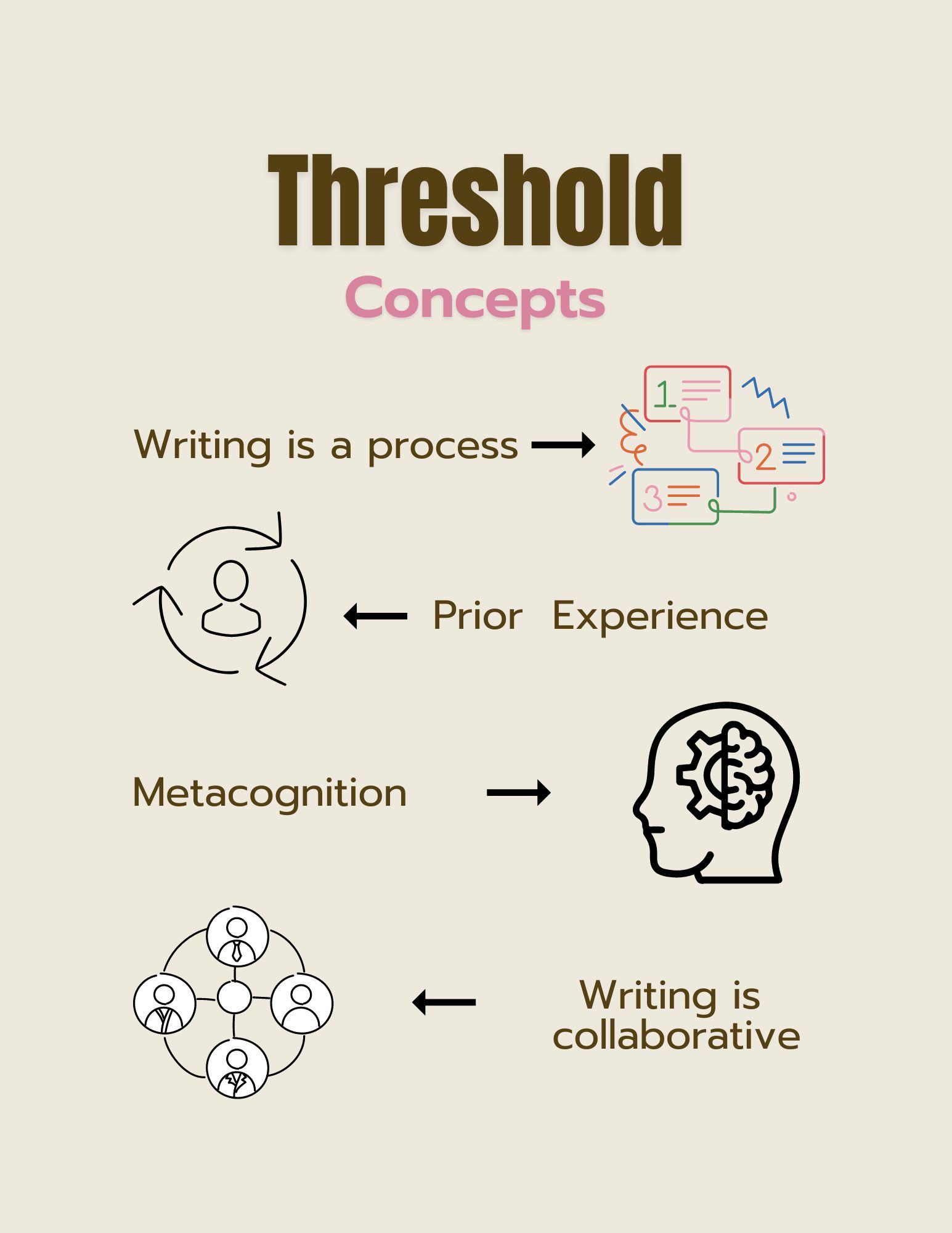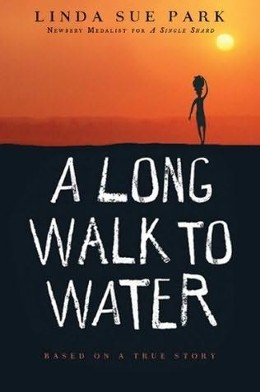“The difficulty of literature is not to write, but to write what you mean; not to affect your reader, but to affect him precisely as you wish.” — Robert Louis Stevenson
It is not impossible to write all of the things going on in your head in astute clarity. Sometimes it just takes time. Often, we have to find the right setting and ambience to get us to spill the words out exactly as they should. But, we cannot always afford such luxuries. Nevertheless, in this post we are going to look at a quote from Robert Louis Stevenson about using words just the right way to explain one’s exact meaning.
A complex problem
The above quote addresses a complex problem in writing: the use of syntax and diction in order to convey meaning. To be fair, we are human, and being human means that we make errors in writing. We also only have so much time to write, so we often have to quickly come up with the right words on the spot. That’s not easy.
Why is this a problem when considering overall meaning?
First, it is difficult to choose the right words. As stated by the University of North Carolina at Chapel Hill Writing Center: “Writing is a series of choices. As you work on a paper, you choose your topic, your approach, your sources, and your thesis; when it’s time to write, you have to choose the words you will use to express your ideas and decide how you will arrange those words into sentences and paragraphs.”
Defining our problem
Let’s look at a few definitions to get us started:
- Syntax: The way words and phrases are put together (complicated or uncomplicated).
- Diction: An author’s overall word choice.
All of this is true, and tackling wordiness or lack of wordiness in writing is made difficult through choices.
Choices to watch out for
When writing, here are some things to avoid:
- Vagueness: Specificity is important in writing, so always be as specific as possibly. Don’t just say there was a lot of people at the party. Say there were 100 people at the party.
- Wordiness: It’s fun to sound smart, but we don’t have to overly write to achieve that goal. Often times, writers get wordy in an attempt to be vague (legalese).
- Redundancy: State your information clearly and only a single time if possible. Repeating the same information over and over only creates clutter.
- Cliches: Cliches can obfuscate writing or make it unclear. Try to avoid cliches in formal writing.
- Audience: Be mindful of who you are writing for and at what level. Whether you like it or not, your writing is supposed to communicate to an audience, so be mindful of that audience!
Works Cited
“Word Choice.” Writing Center.edu. University of North Carolina at Chapel Hill. Web. https://writingcenter.unc.edu/tips-and-tools/word-choice/
Discover more from The Writing Post
Subscribe to get the latest posts sent to your email.



